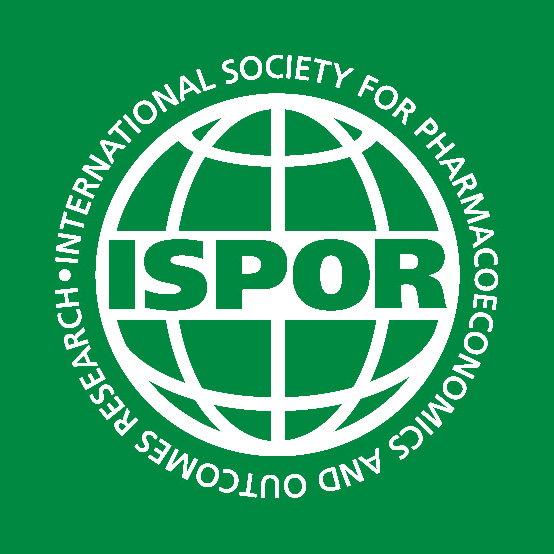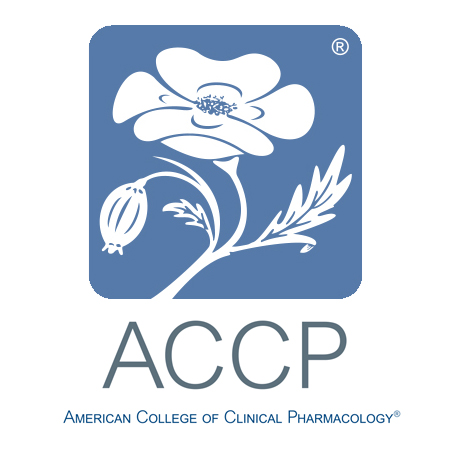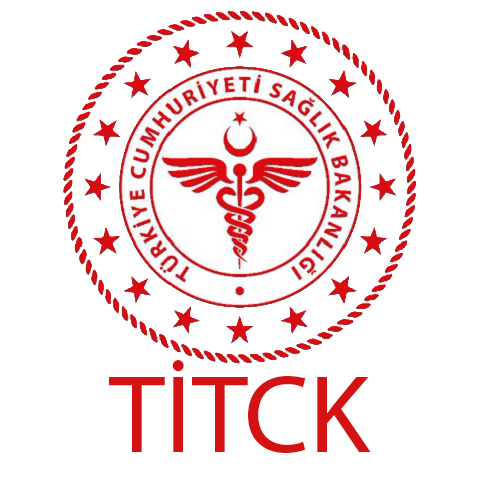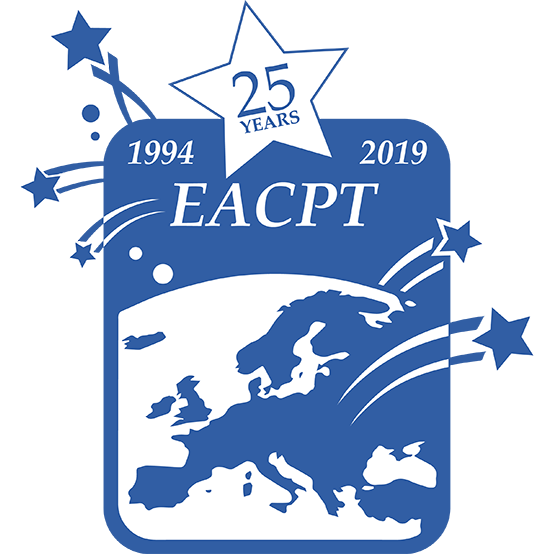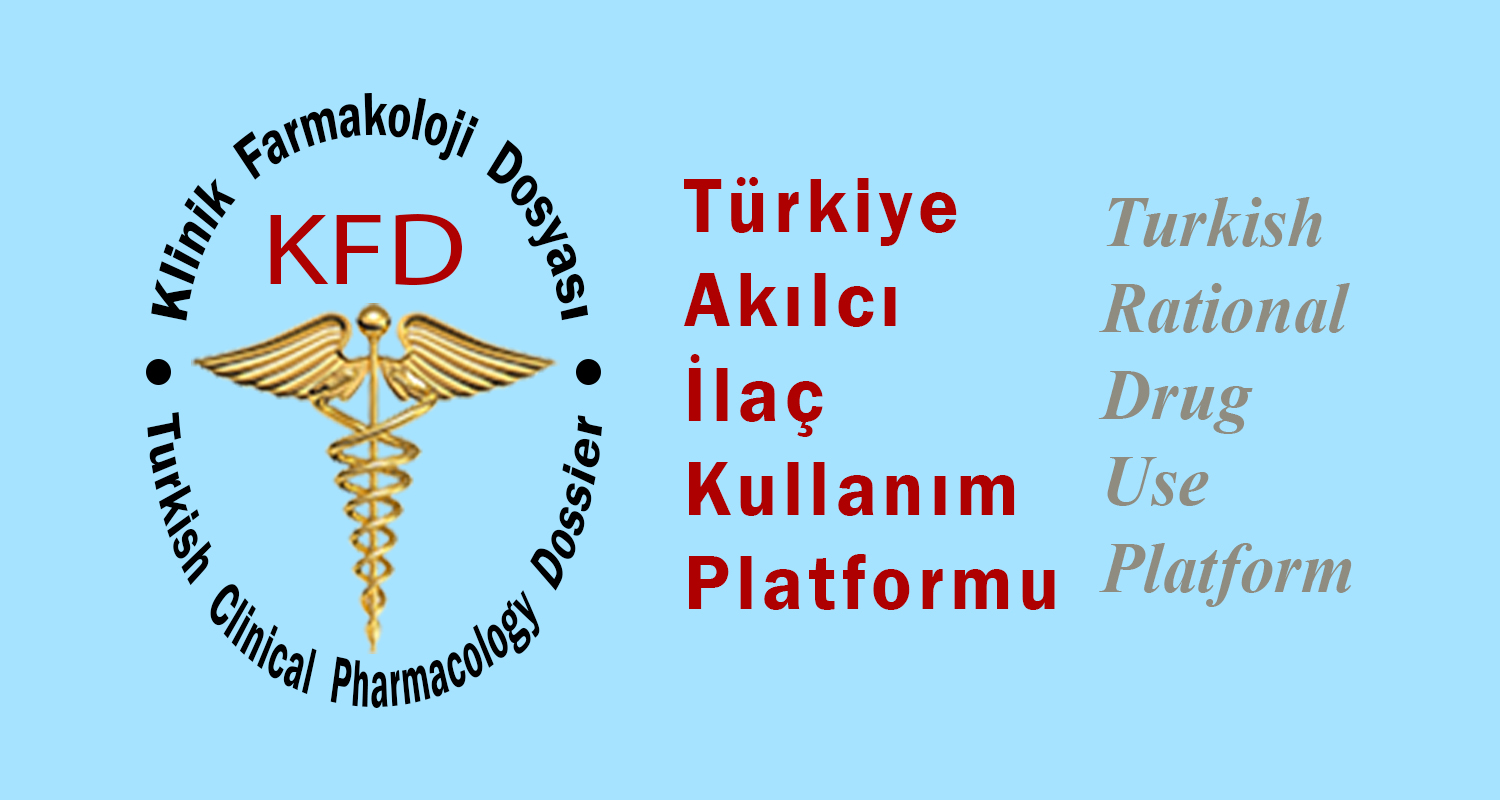
Gerek yerli, gerekse yabancı basında büyük yer bulan Dr.Bayraktar ve Albayrağın aspirirnin erektil disfonksiyonu düzelttiğine dair çalışmaları ciddi kritikleri de beraberinde getirdi. Aşağıda özetlerini bulacağınız bir şalışma 82.000 kişi üzerinde yapılmıi ve Türk doktorların 184 hasta üzerinde yaptıkları araştırmanın tam tersi sonuç vermiştir. Aspirin ve benzeri ilaçların (ibuprofen, aspirin, apranaks ve NSAID ler) prostaglandin ve nitric oksite sentezini inhibe ettiğ ve Prostaglandin ve NO'nun erektil disfonksiyonda çok önemli rolü olduğu çok iyi bilinmektedir. Tüm dünyada yaygın olarak kullanılan Viagra ve benzeri ilaçlar penis damarlrını NO miktarını artırarak etki ederler. Nasıl oluyor da NO sentezini inhibe eden bir ilaç tam tersi etki ortaya çıkartıyor?.. Bu çalışmanın bir ilaç firması tarafından desteklenip desteklenmediği bilinmiyors da yapılan yayınlar bir ilaç firmasının PR aktivitesi olarak görülmekte. Mesela kullanılan plasebolar nereden temin edilmiştir? Eğer kullanılan aspirin ile ayni firmadan temin edilmemişse çalışma şüpheli olabilr. Tüm data ve bilgilere erişmeden kesin bir şey söylemek zordur.
Int Urol Nephrol. 2018 Jan 17. doi: 10.1007/s11255-018-1786-0. [Epub ahead of print]
Antiplatelet (aspirin) therapy as a new option in the treatment of vasculogenic erectile dysfunction: a prospective randomized double-blind placebo-controlled study.
Bayraktar Z1, Albayrak S2.
Author information
1
Department of Urology, School of Medicine, Istanbul Medipol University, Çamlık Mah. Piri Reis Cad. Papatya Sitesi No: 48, 34890, Pendik, Istanbul, Turkey. zbayraktar@medipol.edu.tr.
2
Department of Urology, School of Medicine, Istanbul Medipol University, Çamlık Mah. Piri Reis Cad. Papatya Sitesi No: 48, 34890, Pendik, Istanbul, Turkey.
Abstract
PURPOSE:
To investigate the efficiency of antiplatelet (aspirin) therapy in vasculogenic erectile dysfunction (VED) patients with a high mean platelet volume.
METHODS:
A total of 184 patients diagnosed with VED between the ages of 18 and 76 were randomly divided into two groups and treated for 6 weeks [group 1: 120 patients (mean age 48.3), aspirin 100 mg/day; group 2: 64 patients (mean age 47.7), placebo 100 mg/day]. The changes from baseline to end point in erectile function scores on the International Index of Erectile Function (IIEF-EF) and the number of patients who answered "yes" to questions 2 and 3 of the sexual encounter profile (SEP) were compared statistically.
RESULTS:
The mean baseline IIEF-EF scores in groups 1 and 2 were 14.1 ± 4.9 and 14.3 ± 5.2, respectively (p = 0.7966), the number of patients who answered "yes" to SEP-2 was 62 (51.6%) in group 1 and 32 (50%) in group 2 (p = 0.8366), and the number of patients who answered "yes" to SEP-3 was 38 (31.6%) in group 1 and 20 (31.2%) in group 2 (p = 0.9557). In the aspirin group, the changes from baseline to end point in the IIEF-EF, SEP-2, and SEP-3 scores were 7.2, 36.6, and 46.6%, respectively. In the placebo group, these changes were 2.0, 9.4, and 12.5%, respectively. When compared with the placebo group, aspirin-treated subjects showed a significant improvement in all three efficacy measures (p < 0.0001).
CONCLUSIONS:
100 mg of aspirin administered once a day significantly improved EF in men with VED.
Regular Nonsteroidal Anti-Inflammatory Drug Use and Erectile Dysfunction
The Journal of Urology, April 2011Volume 185, Issue 4, Pages 1388-1393
Joseph M. Gleason, Jeffrey M. Slezak, Howard Jung, Kristi Reynolds, Stephen K. Van Den Eeden†, Reina Haque, Virginia P. Quinn, Ronald K. Loo, Steven J. Jacobsen‡
Purpose
Previous data suggest a potential relationship between inflammation and erectile dysfunction. If it is causal, nonsteroidal anti-inflammatory drug use should be inversely associated with erectile dysfunction. To this end we examined the association between nonsteroidal anti-inflammatory drug use and erectile dysfunction in a large, ethnically diverse cohort of men enrolled in the California Men's Health Study.
Materials and Methods
This prospective cohort study enrolled male members of the Kaiser Permanente managed care plans who were 45 to 69 years old beginning in 2002. Erectile dysfunction was assessed by questionnaire. Nonsteroidal anti-inflammatory drug exposure was determined by automated pharmacy data and self-reported use.
Results
Of the 80,966 men in this study 47.4% were considered nonsteroidal anti-inflammatory drug users based on the definitions used and 29.3% reported moderate or severe erectile dysfunction. Nonsteroidal anti-inflammatory drug use and erectile dysfunction strongly correlated with age with regular drug use increasing from 34.5% in men at ages 45 to 49 years to 54.7% in men 60 to 69 years old with erectile dysfunction increasing from 13% to 42%. The unadjusted OR for the association of nonsteroidal anti-inflammatory drugs and erectile dysfunction was 2.40 (95% CI 2.27, 2.53). With adjustment for age, race/ethnicity, smoking status, diabetes mellitus, hypertension, hyperlipidemia, peripheral vascular disease, coronary artery disease and body mass index, a positive association persisted (adjusted OR 1.38). The association persisted when using a stricter definition of nonsteroidal anti-inflammatory drug exposure.
Conclusions
These data suggest that regular nonsteroidal anti-inflammatory drug use is associated with erectile dysfunction beyond what would be expected due to age and comorbidity.
Erectile Dysfunction Risk Not Lowered by Aspirin, Other NSAIDS
Lack of association found in a study of men in the placebo arm of the Prostate Cancer Prevention Trial.
Use of aspirin and other non-steroidal anti-inflammatory drugs (NSAIDs) does not reduce the risk of erectile dysfunction (ED), new study findings suggest.
The researchers, led by Darshan P. Patel, MD, of University of Utah Health Care in Salt Lake City, analyzed data from 4,726 men in the placebo arm of the prospective Prostate Cancer Prevention Trial (PCPT) who had no evidence of ED at baseline. Aspirin use was associated with a significant 16% increased risk of severe ED and non-aspirin NSAID use was associated with a significant 16% increased risk of mild or moderate ED, Dr. Patel's group reported online ahead of print in BJU International. These increased risks became non-significant in a model that adjusted for medical conditions associated with NSAID use, including arthritis, chronic musculoskeletal pain, general musculoskeletal pain, headaches, sciatica, and atherosclerotic disease. In the study, these conditions were associated with a significant 56%, 36%, 44%, 50%, and 60% increased risk of mild or moderate ED, respectively. General musculoskeletal pain, headaches, and atherosclerotic disease were associated with a significant 22%, 47%, and 60% increased risk of severe ED.
For the PCPT, mild or moderate ED was defined as a "decrease in normal function or able with difficulty to achieve vaginal penetration" and severe ED was defined as the "absence of function/no erections," based on self-report.
From the October 2015 Issue of Renal And Urology News "

